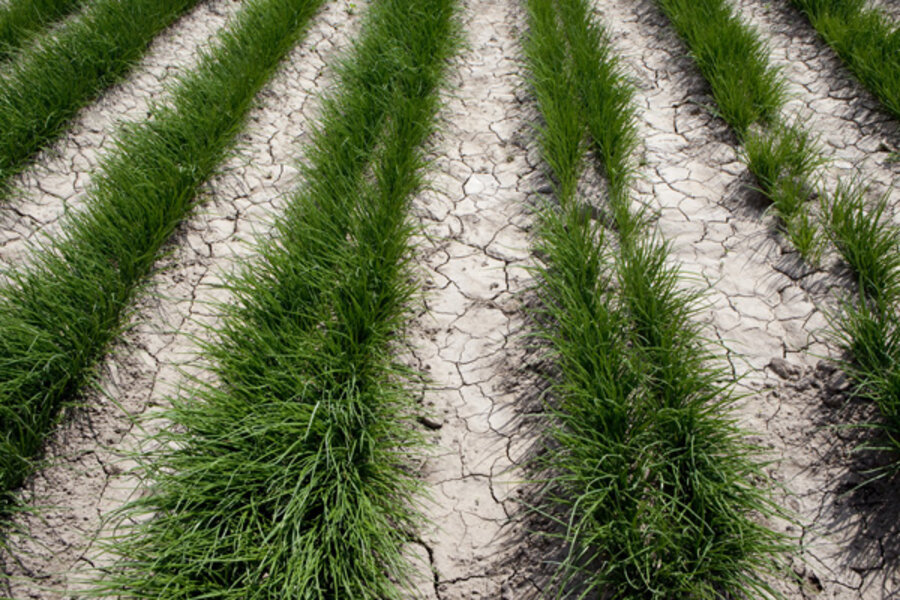Violence in Mexico and Brazil: How droughts play a role
Loading...
• A version of this post ran on the author's blog, bloggingsbyboz.com. The views expressed are the author's own.
AFP reports that sections of northern Brazil are going through their worst drought in 50 years. Soy production is down, livestock are struggling and an average of one person per day is being killed over water disputes. Coincidentally, much of this drought overlaps with one of the most violent regions of Brazil.
Mexico's El Universal writes the northern region of that country is going through the worst drought in 70 years. A number of reservoirs are at critically low levels as this drought has been ongoing for several years. Coincidentally, the drought in Mexico has overlapped with some of the biggest increases in Mexico's violence.
Or, maybe not so coincidentally. Nobody is going to claim that the current violence in Brazil and Mexico is caused by the long term climate change and short term drought cycle, but it aggravates an already difficult situation. The effect that drought has on agriculture and local economics pushes people to find other employment, often in the black market. There are no illegal water cartels in Mexico or Brazil (yet), but social conflicts do arise over water use in communities where supplies are under significant pressure.
Solving the water supply issue in these two countries is not going to solve the citizen security challenge. Those challenges are far more complex. But failing to address climate change adaptation and mitigation to fix the water supply issue may guarantee that the security challenges are not solved. The strategic view of security issues should include water and food supplies, even if they don't seem like the most pressing issues of the moment.
– James Bosworth is a freelance writer and consultant who runs Bloggings by Boz.
Get daily or weekly updates from CSMonitor.com delivered to your inbox. Sign up today.







